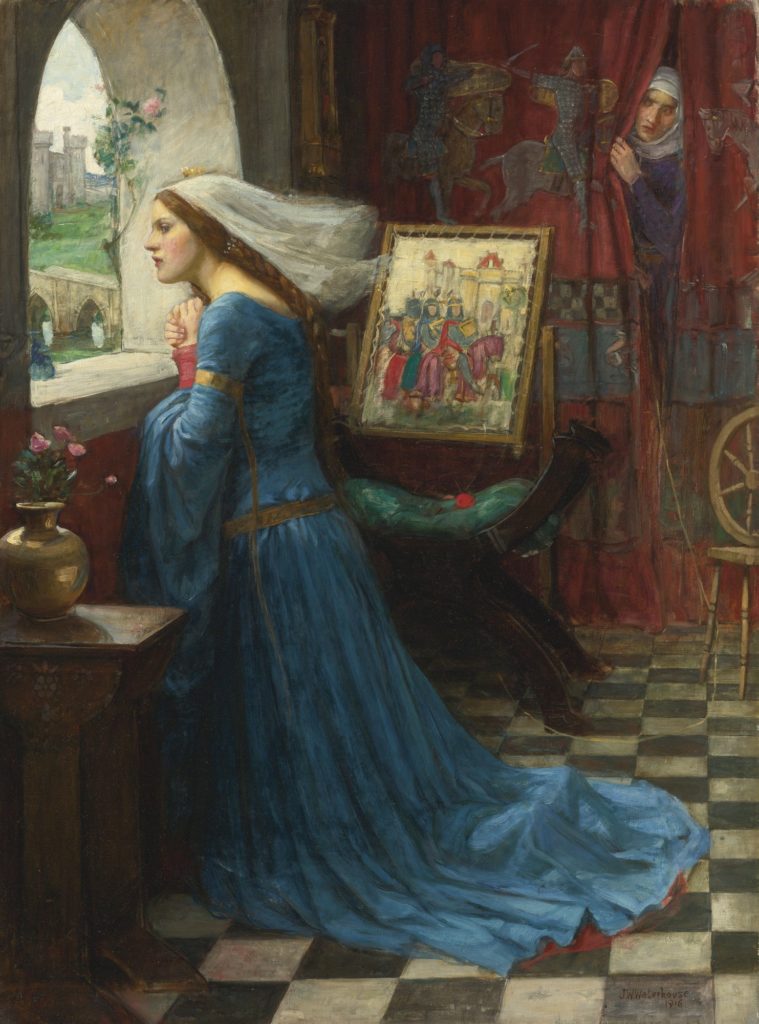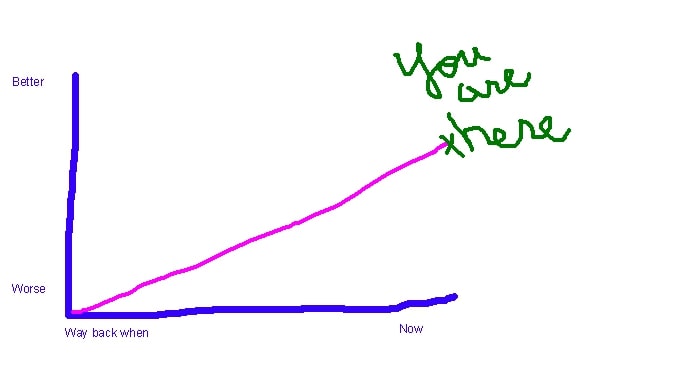Who would lose: a twelfth-century sexist or a twenty-first-century presentist?

The book I’m currently writing is set nearly 900 years ago. This poses certain difficulties. Last night, I missed my bedtime falling down an internet rabbit hole trying to figure out whether a specific woman rode her horse side-saddle, or astride.
If you choose to go back this far into history, you’ll find that it’s clouded by all the time that’s passed since. You’re trying to imagine a woman riding a horse in 1140, but you’re actually picturing virginal twentieth-century dorm-room posters reprinted from Victorian paintings imagining late-medieval scenes.

This is not evidence of what the middle ages were like.
If you begin to research a question like “did women in 1140 ride side-saddle?,” you’ll find a lot of websites with vague, unattributed statements like: “Women weren’t allowed to be independent or wear pants until the twentieth century because they were supposed to be demure and chaste.”
Citation needed! It’s not categorically wrong, but it’s wrong categorically!
This kind of assumption obscures the past. It flattens the past into a single “bad old times.”
And—it makes us lazy. There is a common temptation to think about time as a steady march of progress, like so:

But things can, and often do, get worse. New systems of oppression are created. Life-sustaining creations are destroyed.
Women are allowed to ride horses in the most efficient way, until they are told that instead have to ride in a way that only goes slowly and probably feels not great for the horse. From my digging, it looks like that happened sometime after 1140.
So I’m letting my gal swing up on her palfrey, get her skirt bunched up under her. Letting her feel the breeze on her shins.